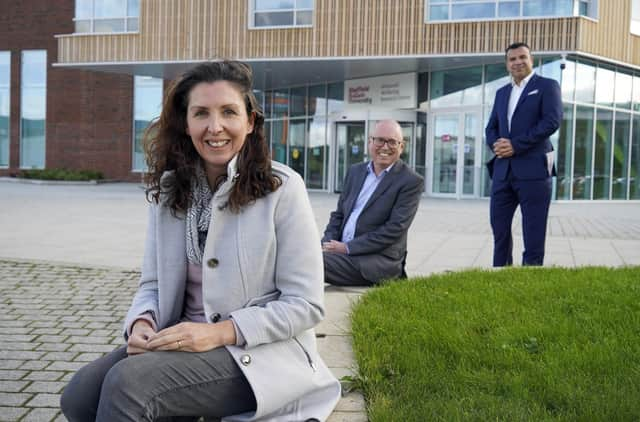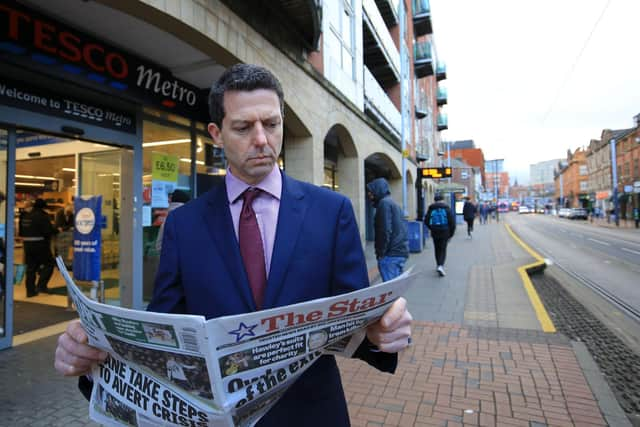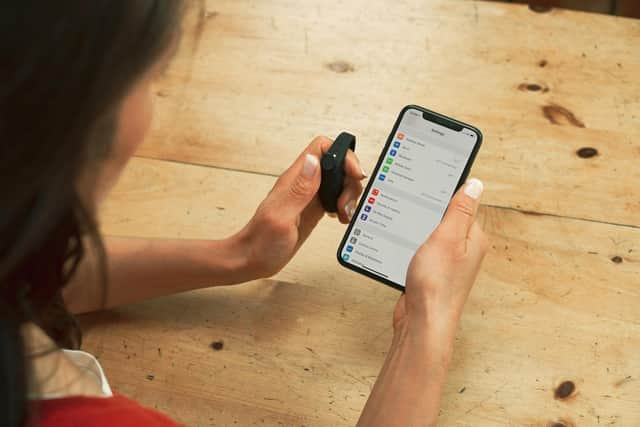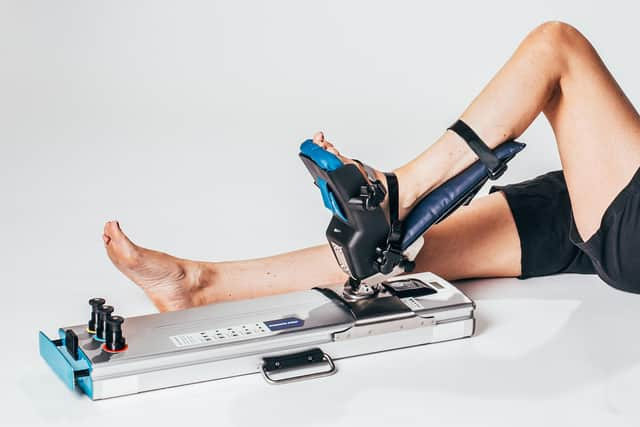Comment - Time to welcome tech firms in big push to get us moving


The phone would be in the hall, not in your pocket, and suitcases didn’t have wheels.
In these, and a thousand other ways, life has become much easier - to the point where it’s now a massive health problem.
Advertisement
Hide AdAdvertisement
Hide AdPeople say you’re mad to cycle on roads, or you get injured running, or rock climbing kills people every year.


But so does sitting around.
“We have designed-out exercise and movement at enormous cost,” said Sir Chris Husbands, vice chancellor of Sheffield Hallam University at the launch of its Advanced Wellbeing Research Centre in Attercliffe earlier this year.
He also said it was ‘unacceptable’ that on average people in Darnall get to 50 before they develop a long-term health condition, while in Fulwood it’s 68.
Part of the difference is activity. Exercise has been described as the closest thing we have to a ‘magic bullet’ for health.


Advertisement
Hide AdAdvertisement
Hide AdBut the knowledge, mindset and motivation to do it are unevenly spread. Meanwhile, and clearly this is linked, our mental health is suffering too.
Could technology have the answer?
As we report today, the AWRC is running an accelerator programme for 24 start-up health firms all striving to make products that improve our lives through movement.
One fits sensors in compression bandages, another makes a robot personal trainer, while Golf in Society aims to improve the lives of people with dementia.


Two Sheffield companies are involved. SleepCogni wants to end the torment of insomnia with its biofeedback device and JT Rehab has developed a machine that builds leg strength in those stuck in hospital.
Advertisement
Hide AdAdvertisement
Hide AdFitbits and training apps like Strava have been a phenomenon in recent times, prompting - in some cases literally - users to get up and get out.
But for many the novelty wore off long ago, while millions more were oblivious.
But the need has never been greater. So the door is wide open to the AWRC’s accelerator companies and I hope they do well.
The other problem is food. Medics say you no matter how far you go, you can’t outrun a bad diet. But that’s another mountain to climb.